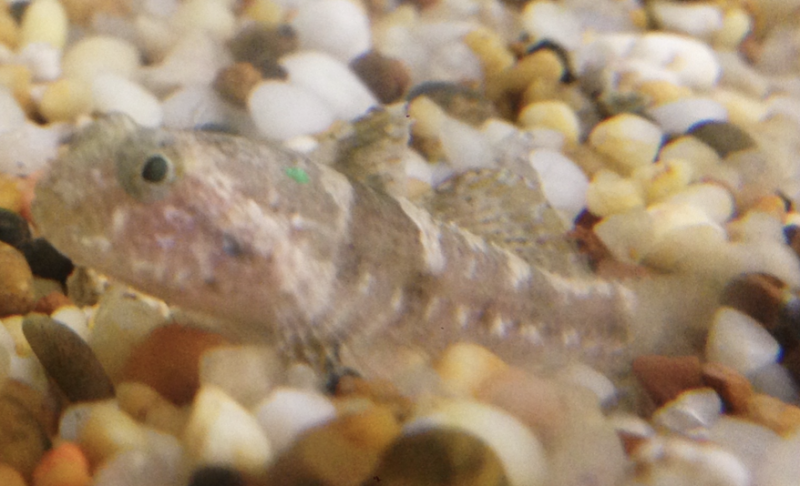Chemical-soaked microplastics don't change fish personalities, but could accumulate in our sea food

Increasing levels of microplastics – tiny pieces of plastic – in marine environments is of great concern to scientists, particularly in terms of how these pollutants accumulate in the food chain and their impact on fish behaviour. However, a new study from Macquarie University has found that while pollutant-coated microplastics can accumulate in fish, the ingestion of these pollutants does not appear to influence the personalities of these animals.
"Animals often first respond to pollution by changing their behaviour. When we fed contaminated crustaceans – which were fed microplastics soaked in polluted Sydney Harbour water – to gobies, a small coastal fish species, for an extended period they didn't show any changes in personality compared to gobies that were fed on microplastic-free crustaceans," explained lead-author Louise Tosetto.
"There have been no previous studies that have examined the transfer of polluting microplastics through the food chain in an ecologically relevant setting, making this the first study to investigate the effect of this type of pollutant on how an animal functions in its natural environment," she added.
The findings suggest that microplastics are not providing additional chemicals above those that are already present in the environment and diet of these fish. However, while the findings indicate that the ingestion of contaminated microplastics may not have a great effect on these animals, the researchers warn that this may not be the same for us.
"Animals at the base of the food chain eat these plastic particles and scientists are concerned that microplastics provide another route for chemical pollutants to move through our food chain, with implications not just for marine ecosystems but also for human health," said Associate Professor Jane Williamson.
"We still need to find out whether microplastics and contaminants are accumulating through the marine food web, which could have huge implications for the types of sea creatures that end up on our dinner plates," she added.
By observing potential personality changes the researchers hope to learn more about how these contaminants impact the survival and structure of fish communities, with traits such as boldness (the inclination to take risks) and exploration, which can affect how an animal finds food and avoids predators, affecting how well these species survive in the long run.
"Personality is a sensitive tool in assessing pollution. Given that hormones can influence behavioural traits and the chemicals associated with microplastics can disrupt hormones, it was a surprising result to find that this form of pollutant didn't affect the personality traits of these fish," said Associate Professor Culum Brown.
More information: Louise Tosetto et al. Trophic transfer of microplastics does not affect fish personality, Animal Behaviour (2017). DOI: 10.1016/j.anbehav.2016.10.035
Journal information: Animal Behaviour
Provided by Macquarie University


















